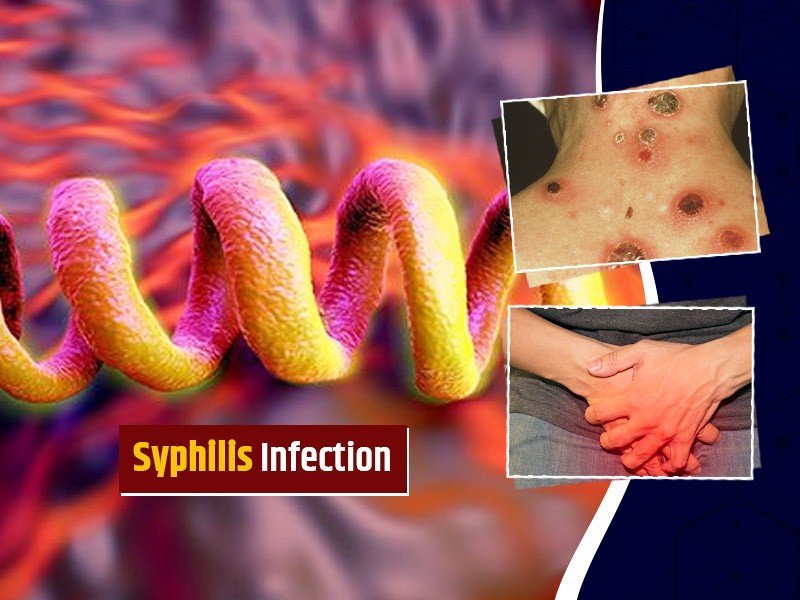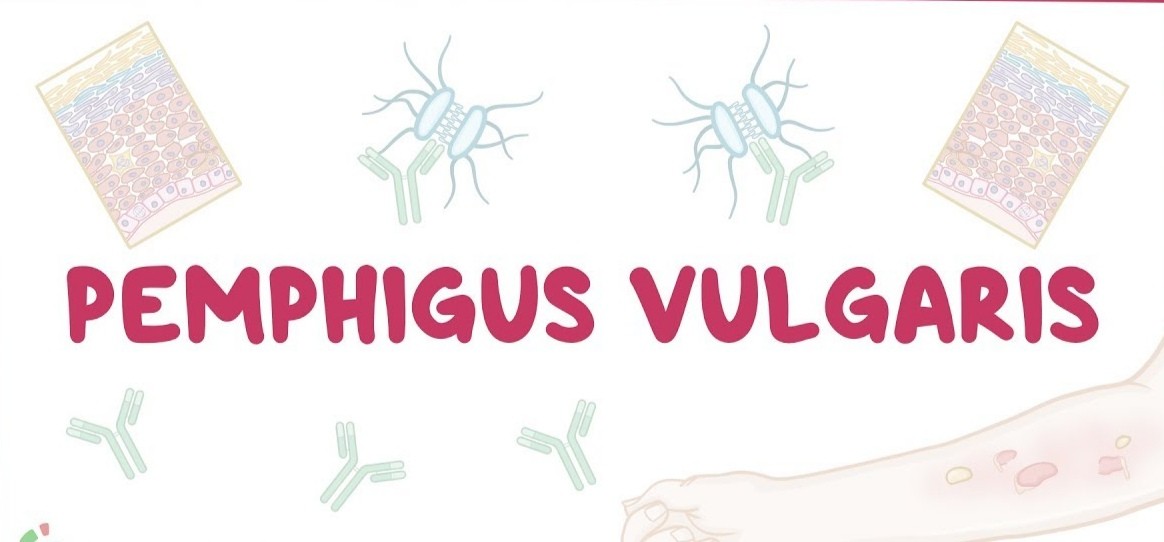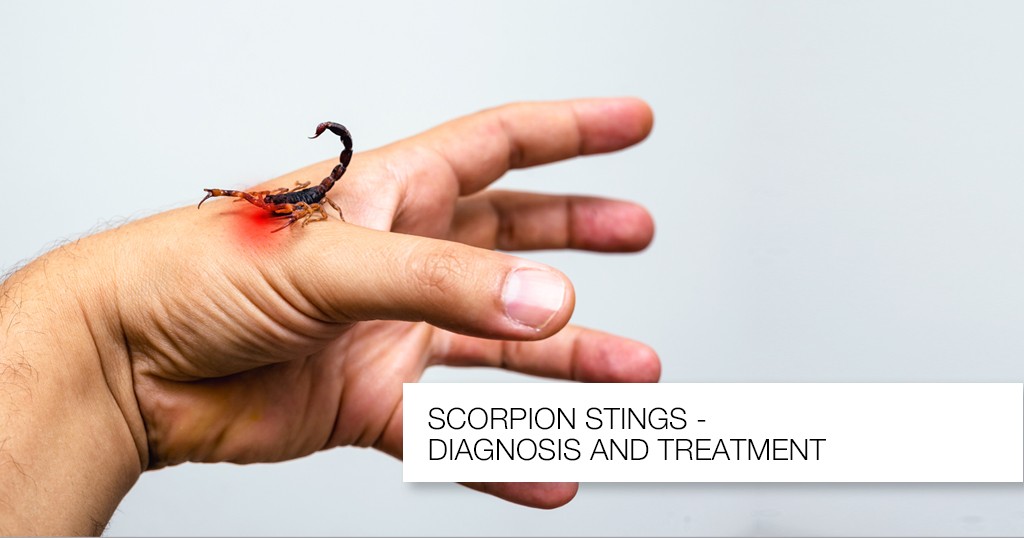Published - Sat, 13 Aug 2022

DISPOSITION AND PREVENTION OF ANAPHYLAXIS
DISCHARGE: Patients who exhibit a modest reaction upon presentation, respond favorably to treatment, remain symptom-free for 4 to 6 hours following initial treatment, are trustworthy, and have strong support networks may be eligible for discharge home.
a) It should be advised to these patients to take oral antihistamines and steroid medicine for a few days and to immediately see the emergency department (ED) if any symptoms start to reappear. They should be instructed to stay away from the alleged agent or agents and to follow up with their family doctor.
b) Patients with conditions such as Hymenoptera -sting anaphylaxis need instructions regarding the acquisition of a medical alert bracelet, tag, or card; provision of epinephrine auto-injector (e.g., EpiPen [Mylan]) so that early treatment may be self-initiated in the event of another episode of anaphylaxis, and referral to an allergist.
ADMISSION: Patients need to be admitted to the hospital and placed in an intensive care unit if they have bronchospasm, hypotension, cardiovascular issues, or changed mental status. Although this is becoming less frequent, patients who get treatment for an initially severe anaphylactic reaction but who quickly become asymptomatic may be admitted to the hospital.
PREVENTION OF ANAPHYLAXIS
1. Allergic reactions should be documented in the medical record.
2. Inquiries regarding the history of allergy should be made before administering medication, and any worrisome report should be heeded.
3. When possible, highly allergenic drugs should be given orally rather than parenterally. If an injection is given, the patient should be observed for 20 to 30 minutes.
4. Desensitization may be feasible and indicated for certain agents such as penicillin, Hymenoptera venom, and aspirin (See table).
Local Anesthetic Chemical Groups
| Group I: Esters(a) | Group II: Amides(b) | Others(c) |
| Benzocaine | Bupivacaine | Dibucaine |
| Procaine | Lidocaine | Dyclonine |
| Proparacaine | Mepivacaine | Pramoxine |
| Tetracaine | Prilocaine |
(a) May cross-react.
(b) Unlikely to cross-react.
(c) For mucous membrane administration.
Created by
Comments (0)
Search
Popular categories
Latest blogs

All you need to know about Syphilis
Tue, 15 Nov 2022

What is Pemphigus Vulgaris?
Tue, 15 Nov 2022

Know about Scorpion Stings
Sat, 12 Nov 2022

Write a public review